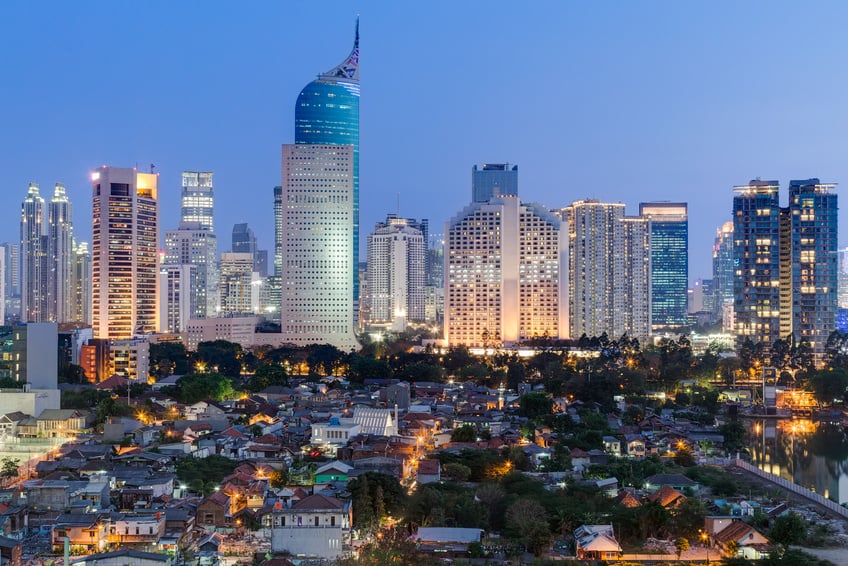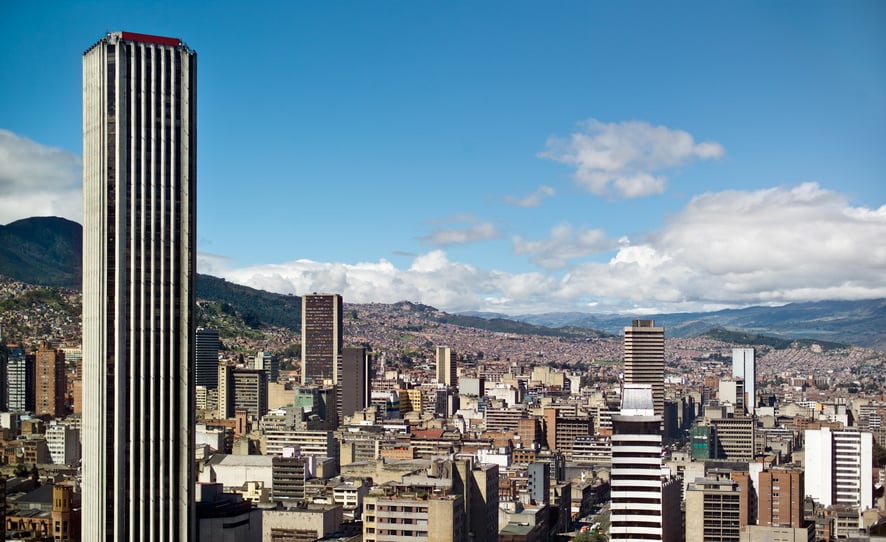In brief
Government Regulation No. 40 of 2021 (GR-40) on the Organization of Special Economic Zones (SEZ) was issued as one of the implementing regulations of Law No. 11 of 2020 on Job Creation (or commonly known as the Omnibus Law). GR-40 is consistent with the changes set out by Article 150 of the Omnibus Law on the amendment of the SEZ Law.
The only differences concern the added scope of business lines provided under GR-40. In particular, GR 40 sets out more comprehensive provisions compared to the general provisions stipulated in the Omnibus Law and offers more facilities in SEZ.
Key takeaways
The locations that are proposed to become SEZs must fulfil the following criteria:
- Be in accordance with the regional spatial plan and not potentially disturbing protected areas
- Have clear boundaries
- The land proposed to be SEZs has been controlled at least 50% of the plan
The criteria in letter c is a new requirement, regulated to address disputes on land ownership.
The business activities that may be conducted in the SEZs consist of:
(a) Production & processing, (b) Logistics and distribution, (c) Research, digital economy, and technology development, (d) Tourism, (e) Energy development, (f) Education, (g) Health, (h) Sports, (i) Financial services, (j) Creative industries, (k) SEZs development and management, (l) Procurement of SEZs infrastructure and (m) Other economic activities.
GR-40 adds more business activities other than the ones regulated in the Omnibus Law, namely the creative industry, sports and financial services. The expansion of the scope of business sectors that may be carried out in the SEZ is in line with the Government’s plan to increase investment through the development of SEZ.
Facilities and relief
A business entity and/or business actor, which carries-out its business activities in a SEZ, is provided with facilities and relief in the form of:
- Taxation, customs and excise
The facilities may vary in the form of:
- Deduction of corporate income tax
- Transactions of land procurement for SEZs are not subject to income tax
- Non-collection or exemption of value added tax or sales tax on luxury goods
- Postponement or exemption of import duty
- Exemption from excise
- Non-collection of import taxes
- Reduction, relief, and exemption of regional taxes/retribution
- Fast-tracked flow of goods
Import of goods into SEZs have not yet been subject to the provisions on the limitation and trading system supervisions in the import sector. Imported goods for use in SEZs have not yet been subject to Indonesian national standard (SNI) obligations.
- Employment
The process to employ foreign directors and commissioners is now simplified, as the requirement for a permit is now replaced with the requirement for a ratification of the plan for the use of foreign workers (Rencana Penggunaan Tenaga Kerja Asing/RPTKA) only.
- Immigration
All foreigners may now benefit from being located in the SEZs as they can be given some kind of visas and permits ranging from visit visa for several trips, limited stay visa, limited stay permit and permanent stay permit.
- Land affairs and spatial planning support
SEZs are given land affairs facility in the form of special convenience, acceleration and procedures in acquiring land rights, also in the granting of an extension or renewals of building rights.
- Ease of business licensing
Business entities and/or business actors do not require a building approval, as long as they have established building guidelines or estate regulations. This particular provision is very important as sometimes building approval can be a real irritant and the source of major delays towards the completion of a project.
- Other facilities and relief
SEZs’ administrators can now provide business licensing for more business activities that may operate in each SEZ.



